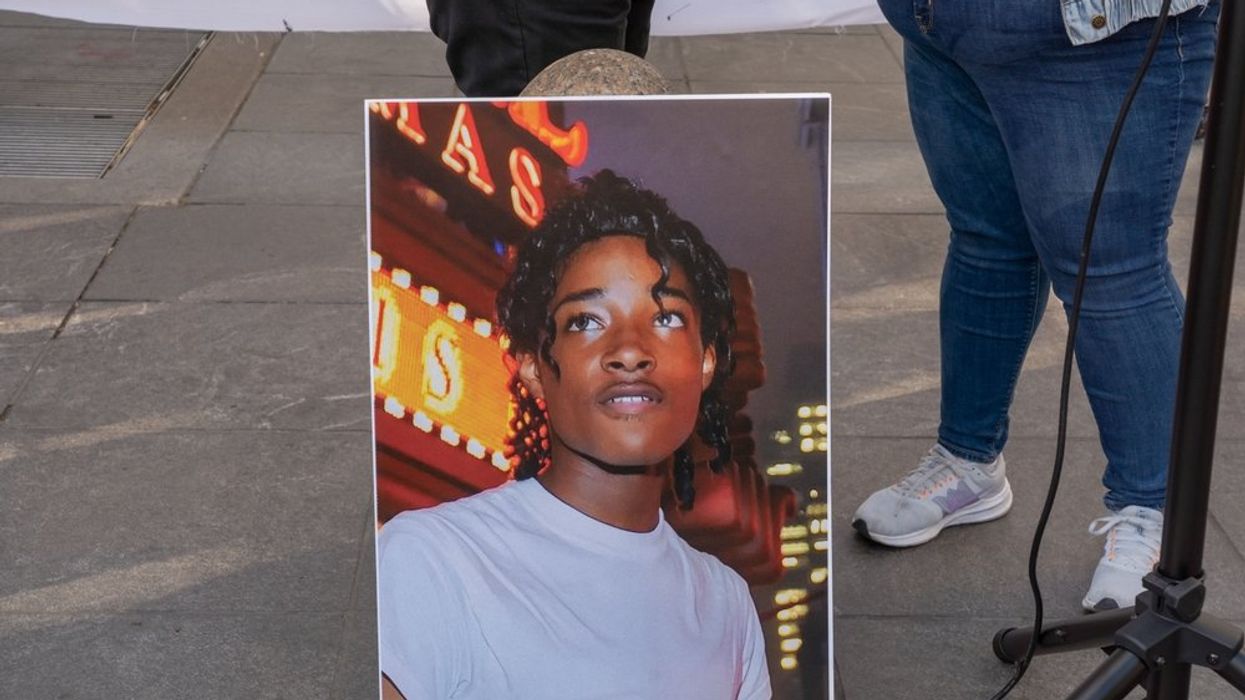The White House is calling for a "thorough investigation" into the death of a Black, unhoused man who was put in a lethal chokehold by a White subway passenger.
Jordan Neely, 30, died on May 1 in New York City after 24-year-old ex-marine Daniel Penny held him in a chokehold for 15 minutes while he was in mental distress. The Manhattan district attorney’s office said Neely's death is under investigation, but Penny has not since been charged with a crime.
“Jordan Neely’s killing was tragic and deeply disturbing. Our hearts go out to his family and loved ones,” a White House spokesperson said in a statement. “We firmly believe that the events surrounding his death demand a thorough investigation.”
Penny's lawyers accused Neely of "aggressively threatening" passengers before his death. Despite his military training, they said Penny "never intended to harm Mr. Neely and could not have foreseen his untimely death.”
Neely's family spoke out through their attorneys, Donte Mills and Lennon Edwards, saying that Penny's statement was insufficient, and that he demonstrated no regard for Neely's life.
“Daniel Penny’s press release is not an apology nor an expression of regret,” they said. “It is a character assassination and a clear example of why he believed he was entitled to take Jordan's life.”
New York City Mayor Eric Adams initially said that the subway riders had the right to take action if they felt threatened, but backtracked his remarks Wednesday when he called Neely's death “a tragedy that never should have happened.”
“My heart goes out to Jordan’s family, who is suffering great pain and uncertainty about the circumstances of his death,” he said.
In the wake of Neely's death, activists have called upon Adams to expand resources for homeless populations, particularly mental health services. Many have highlighted how the case is emblematic of the inhumane treatment unhoused people face, including Shelly Nortz, deputy executive director for policy at the Coalition for the Homeless.
“When this population is demonized, it is tantamount to giving vigilantes the opportunities and the blessing to take the law into their own hands,” Nortz told NBC. “This poor man was standing there in desperate need of food and water and was so emotionally overwrought by his need that he was expressing it loudly, but in no way endangering other human beings. The person who used his military skills to kill him needs to be held accountable for that."


















































